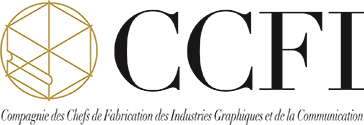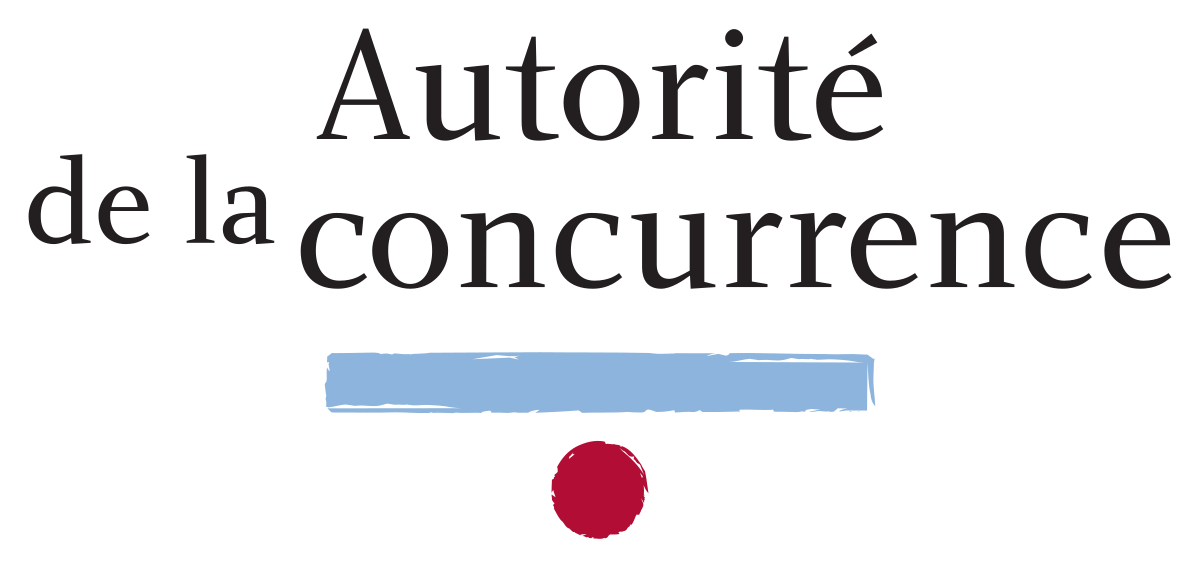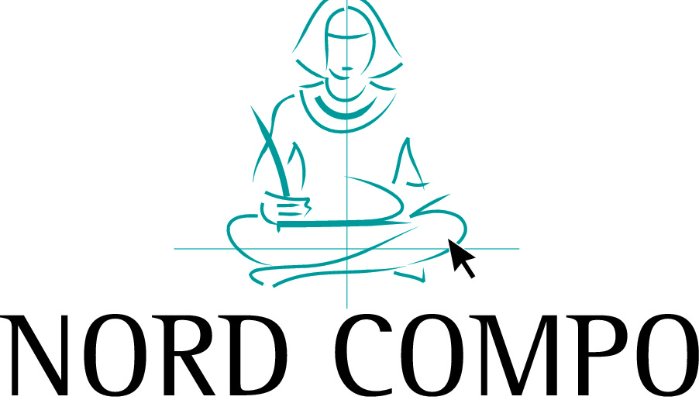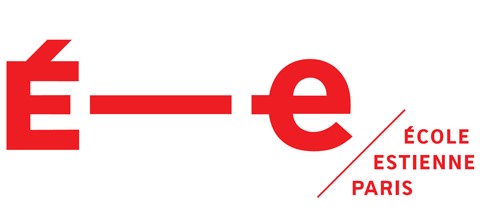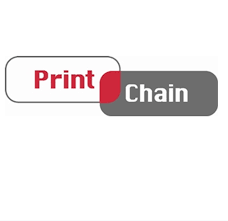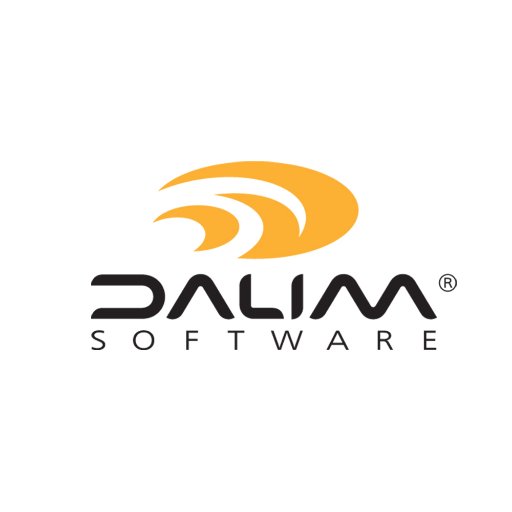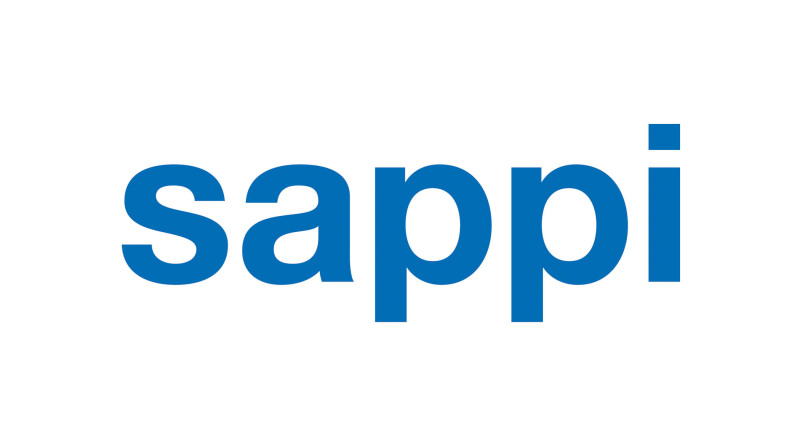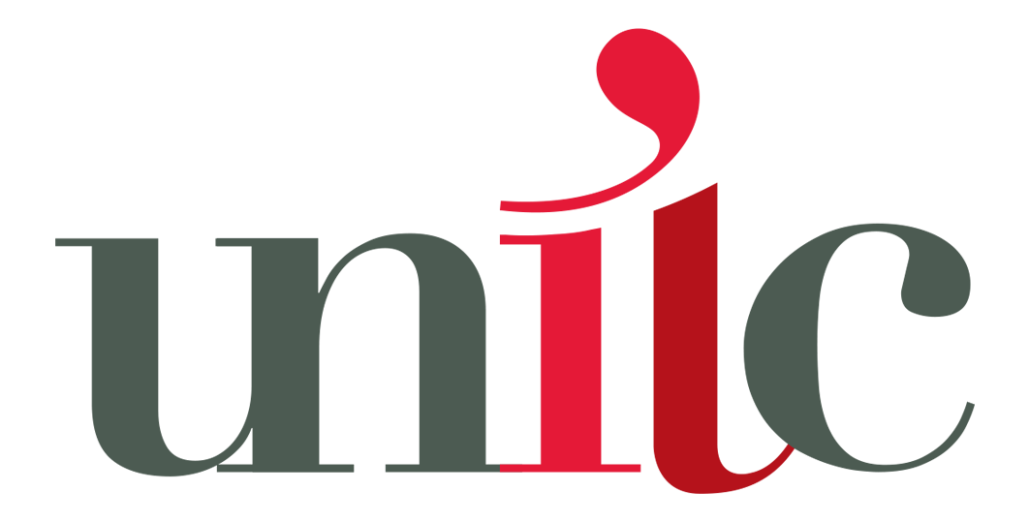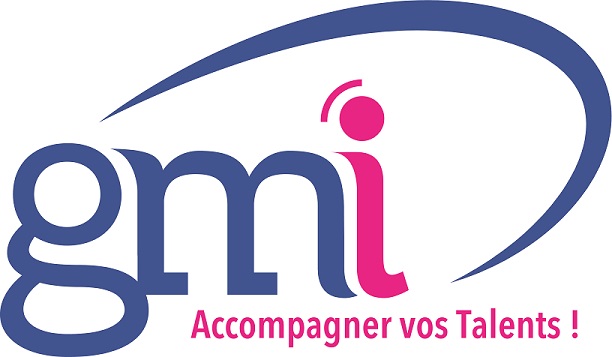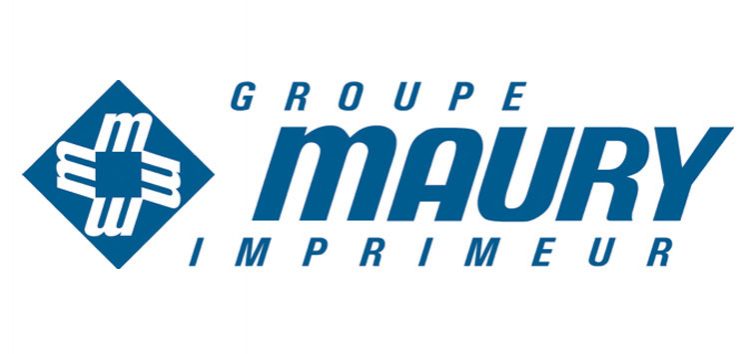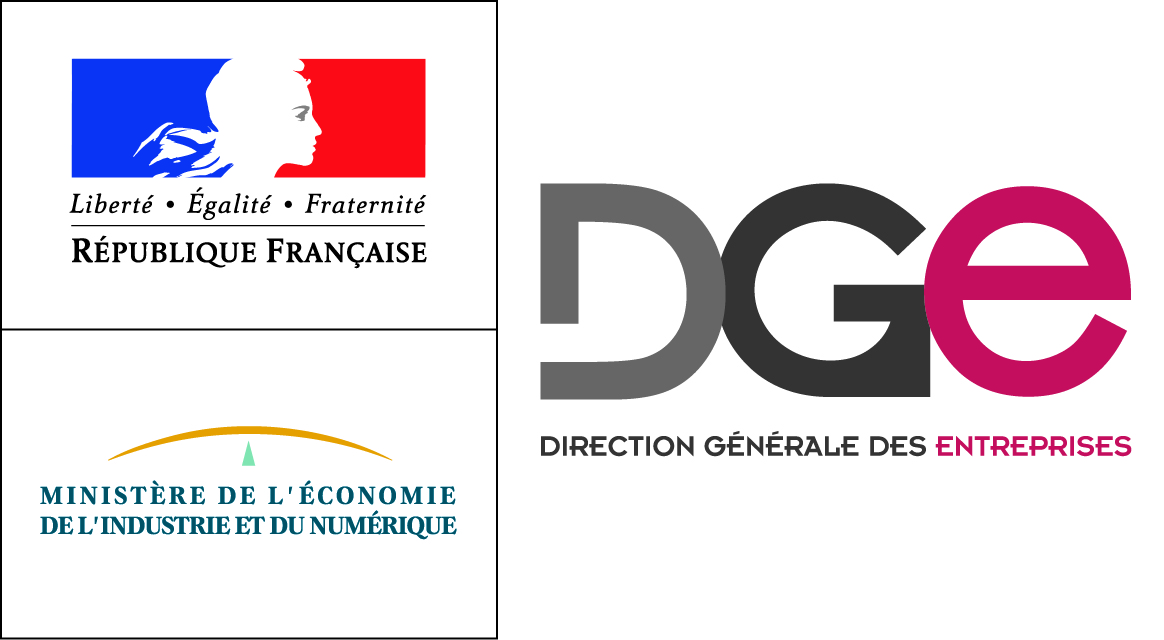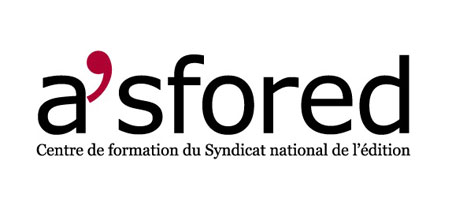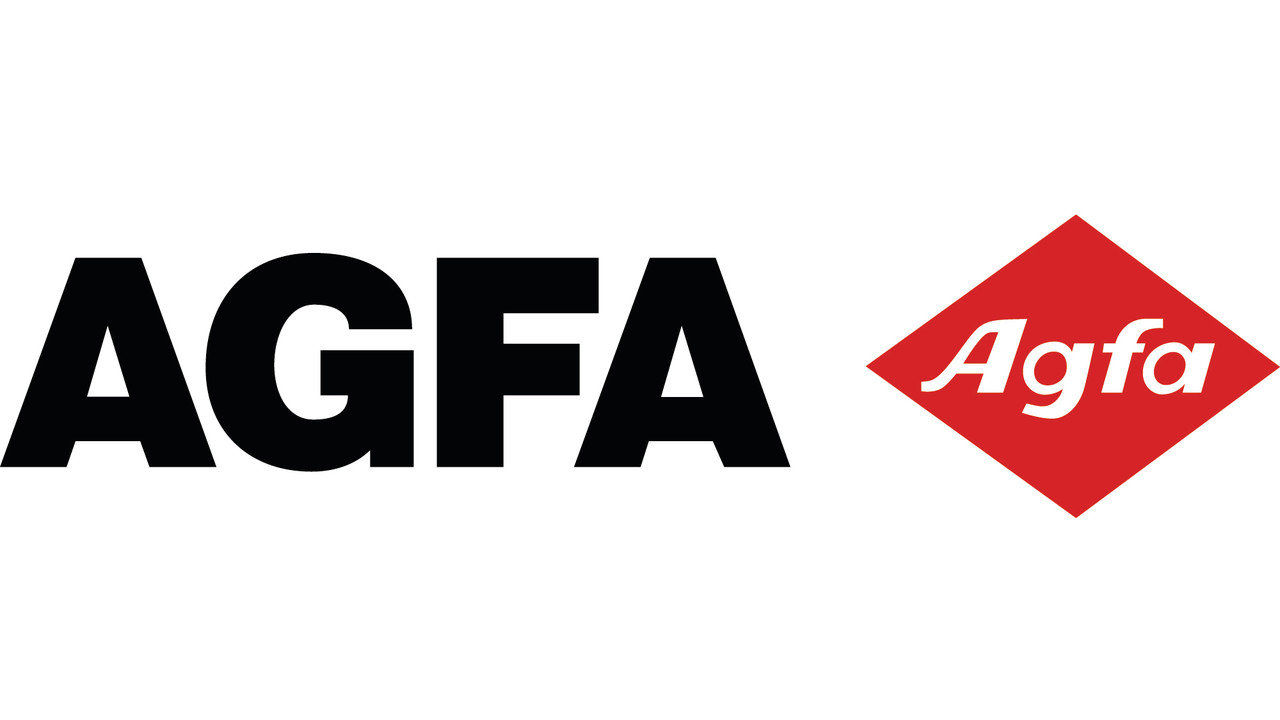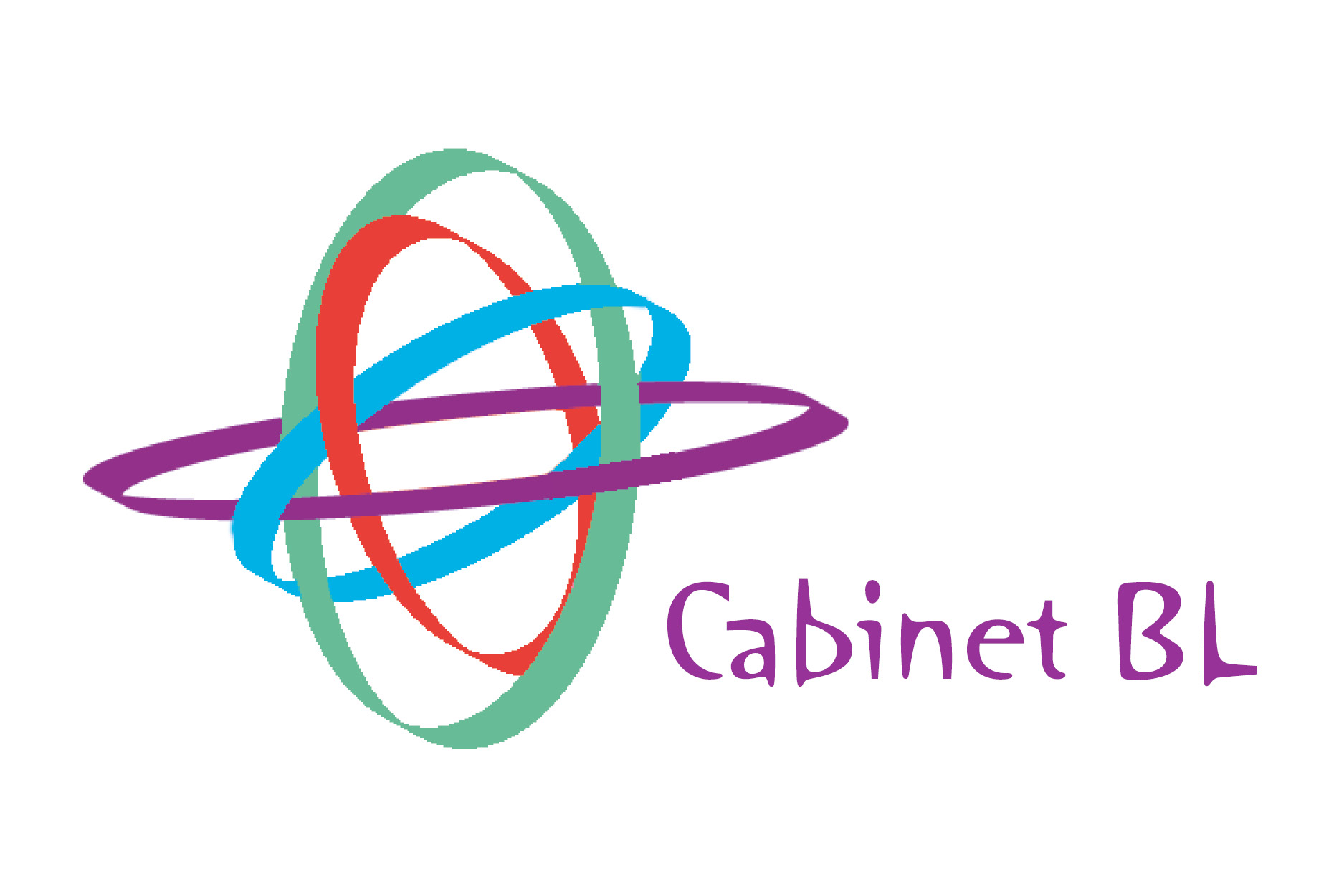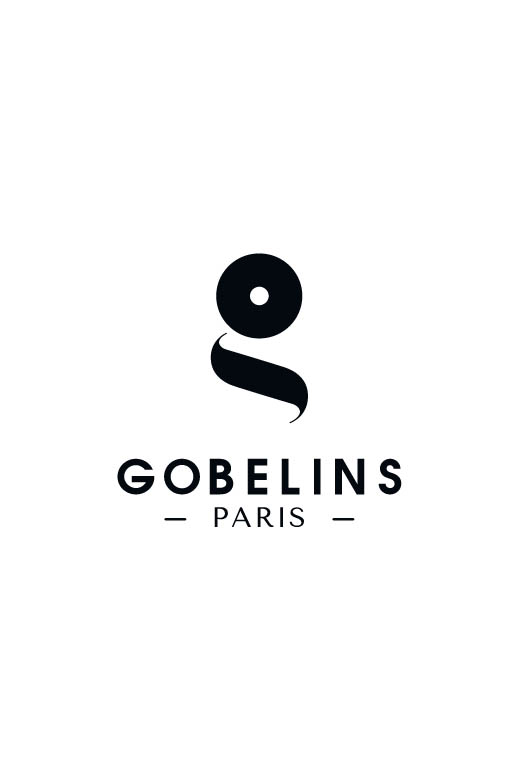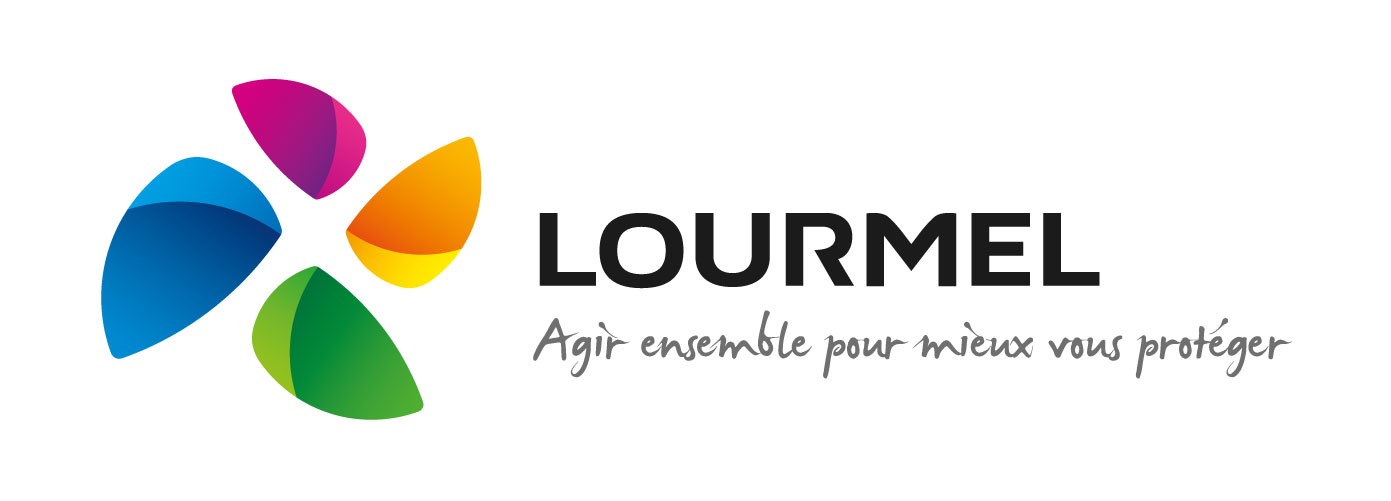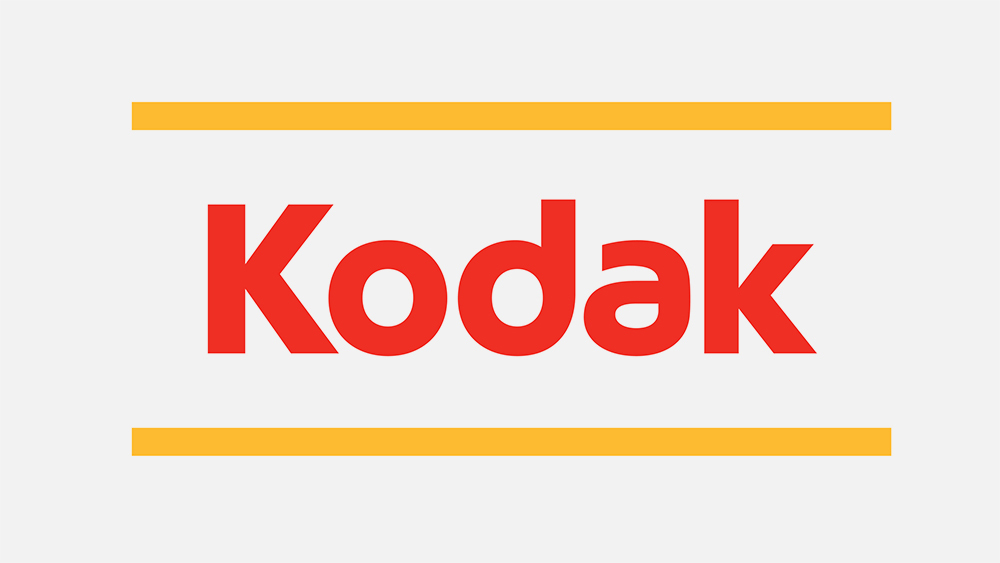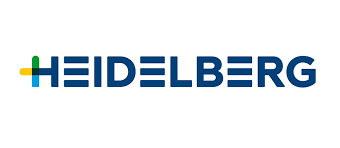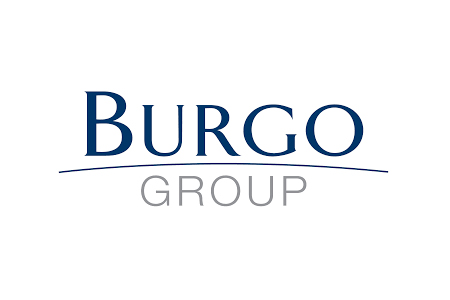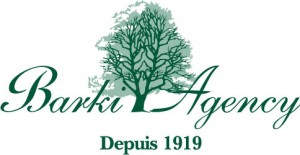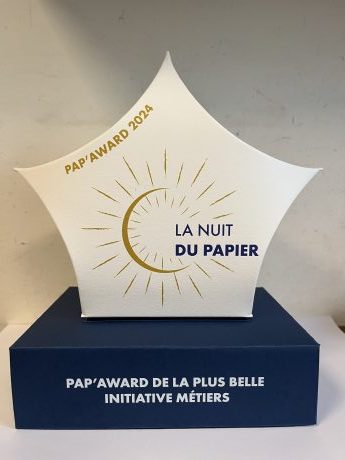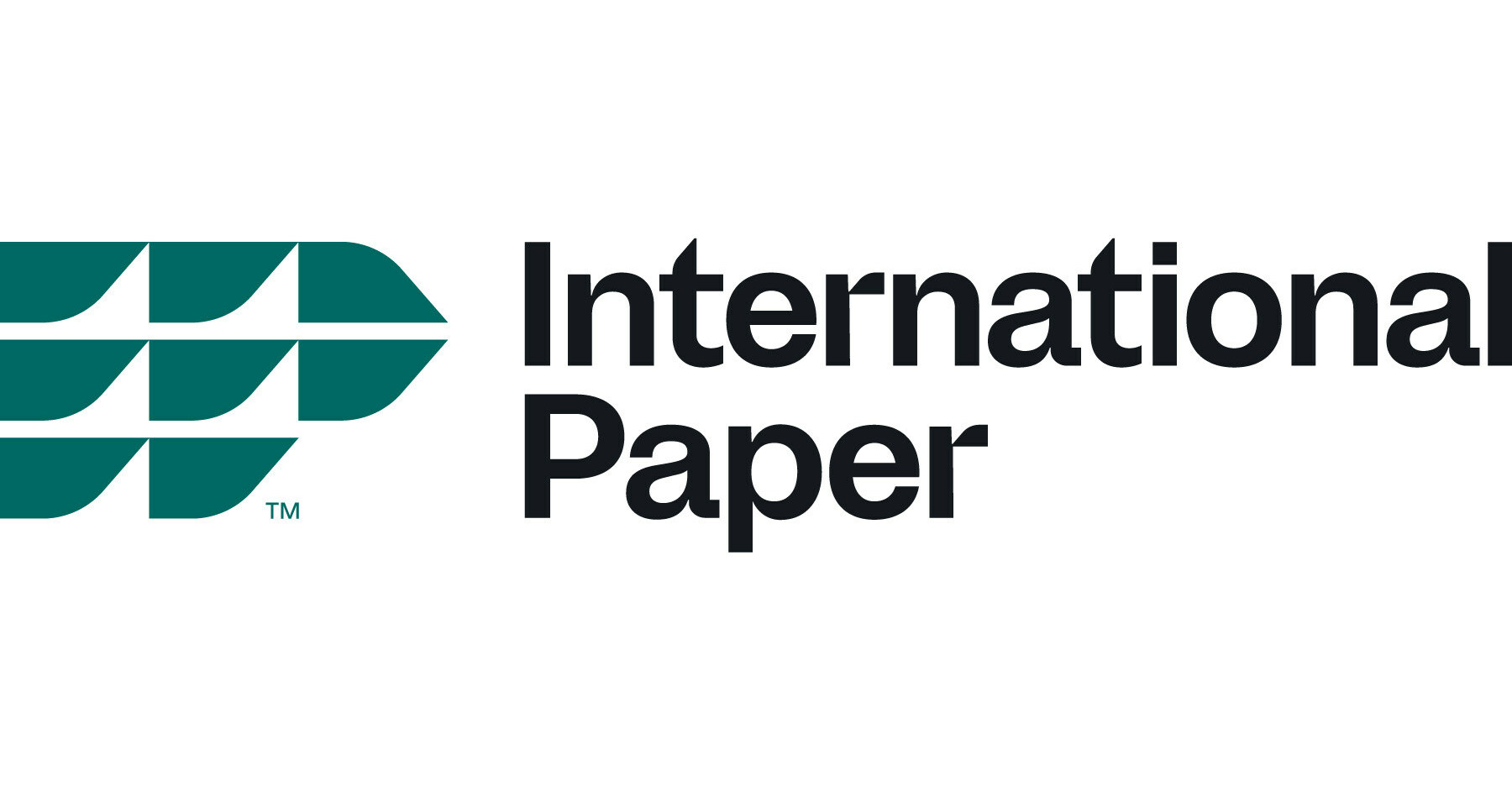In its latest crackdown on big tech, today the French Competition Authority has ordered Google to negotiate with French news organizations within the next three months to pay to reuse excerpts of news stories. That means Google will have to pay publishers for the headlines and snippets of stories that appear in Google News and even Google searches.
According to TechCrunch, France is the first country in the European Union to “transpose the neighbouring right for news into national law, following the passing of a pan-EU copyright reform last year.”
Per TechCrunch:
Among various controversial measures the reform included a provision to extend copyright to cover content such as the ledes of news stories which aggregators such as Google News scrape and display. The copyright reform as a whole was voted through the EU parliament in March 2019, while France’s national law for extended press publishers rights came into force in October 2019.
A handful of individual EU Member States, including Germany and Spain, had previously passed similar laws covering the use of news snippets — without successfully managing to extract payments from Google, as lawmakers had hoped.
In Spain, for example, which made payments to publishers mandatory, Google instead chose to pull the plug on its Google News service entirely. But publishers who lobbied for a pan-EU reform hoped a wider push could turn the screw on the tech giant.
In its full report, the Autorité de la Concurrence condemned Google’s past retaliation, saying that it’s unfair to do that given its dominance in the market. About 90 percent of searches in Europe come from Google and that kind of retaliation is extremely damaging to an already fragile news industry.
These practices are made possible by the dominant position that Google is likely to hold in the market of general search services. This position leads Google to bring significant traffic to the websites of publishers and news agencies. Thus, according to the data provided by the complainants relating to 32 press titles, and not disputed by Google, the search engines — and therefore Google for a large part — represent, according to the sites, between 26% and 90% of the redirected traffic to their pages. This traffic is also very important and crucial for publishers and news agencies who cannot afford to lose any share of their digital readership due to their economic difficulties.
Under these conditions, publishers and news agencies are placed in a situation where they have no other choice than to comply with Google’s display policy without financial counterpart. Indeed, the threat of downgrading from the display is synonymous for each press publisher with the loss of traffic and therefore of income, both if it is the only one affected by this downgrading and if this downgrading targets all the publishers.
This is the reason why most publishers have been led to accept conditions which are even more unfavourable for them after the entry into force of the law on neighbouring rights than those pre-existing.
Google told TechCrunch and other news outlets it will comply with the interim measures mandated today, which include:
- Google must conduct negotiations within 3 months from the request to open negotiations from a press publisher or a news agency.
- Neither the indexing, nor the classification, nor the presentation of the protected content taken up by Google on its services should in particular be affected by the negotiations.
- Google will have to provide the Autorité with monthly reports on how it is complying with the decision.
“In practice, the vast majority of press publishers have granted Google licenses for the use and display of their protected content, and this without possible negotiation and without receiving any remuneration from Google. In addition, as part of Google’s new display policy, the licenses which have been granted to it by publishers and press agencies offer it the possibility of taking up more content than before,” it writes in French (which we’ve translated via Google Translate).
“In these conditions, in addition to their referral to the merits, the seizors requested the order of provisional measures aimed at enjoining Google to enter in good faith into negotiations for the remuneration of the resumption of their content.”
